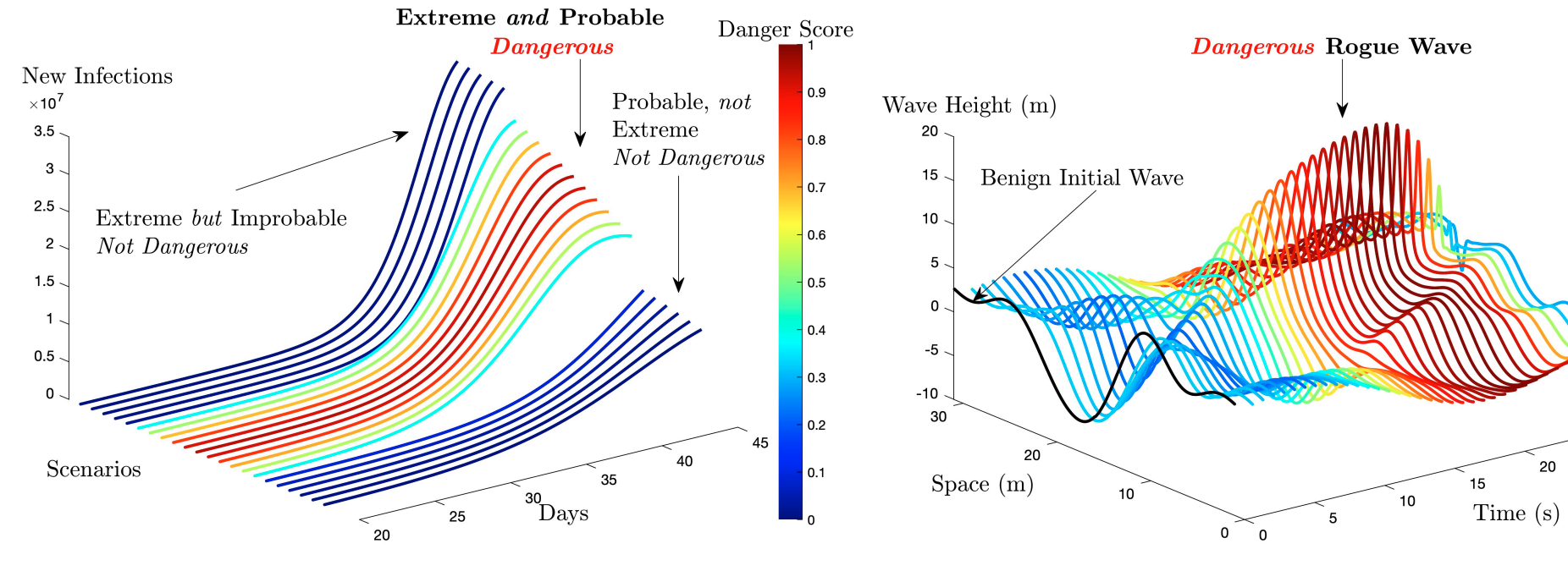Researchers from Brown University and the Massachusetts Institute of Technology developed a new technique to predict rare events such as earthquakes or pandemics.

The recent disastrous earthquakes in Turkey and Syria have brought lots of suffering to the region. Improved predictions that pinpoint events may reduce the impact hat future catastrophic events have in the future.
One of the main challenges regarding rare events is that there is not enough data to make accurate predictions. The group of scientists explain in a study published in Nature Computational Science how they managed to predict probabilities, scenarios and timelines of rare events while lacking historical data.
The researchers use a machine learning technology developed at Brown University and statistical algorithms for predictions. These statistical algorithms require less data for predictions, which makes them ideal for predictions of rare events.
George Karniadakis, a professor of applied mathematics and engineering at Brown University, explained that the lack of historical data made the research team look for ways to reduce the data needed to predict future rare events.
The research group found the answer in active learning, a special case of machine learning. In active learning, an algorithm may query an information source, e.g., a scientist, to label important data points. The algorithm learns from the input and may use it to label data points on its own that may also be important for the calculation.
The machine learning model that the research team used is made up of two neural networks that work in parallel. The researchers found out that they could train the artificial neural network using active learning, so that fewer data points were required to compute predictions.
The recently published research paper, Discovering and forecasting extreme events via active learning in neural operators, is not the first attempt to utilize machine learning to predict earthquakes and other rare events.
In 2019, Smithonian Magazine published "Could Machine Learning be the key to earthquake prediction?". Seismologist Paul Johnson suggested back then that the key to predicting earthquakes could lie in previously disregarded seismic signals. Impossible to analyze by humans, but not by machine learning algorithms.
The research focus back then was to better understand earthquakes that have started already and to gather information on the dynamics of earthquakes in general. While most seismologists believe that accurate earthquake predictions are unrealistic, some believe that machine learning could be the key to improve early warning systems.
Thank you for being a Ghacks reader. The post Can machine learning help prevent disastrous events such as Earthquakes? appeared first on gHacks Technology News.
☞ El artículo completo original de Martin Brinkmann lo puedes ver aquí

No hay comentarios.:
Publicar un comentario